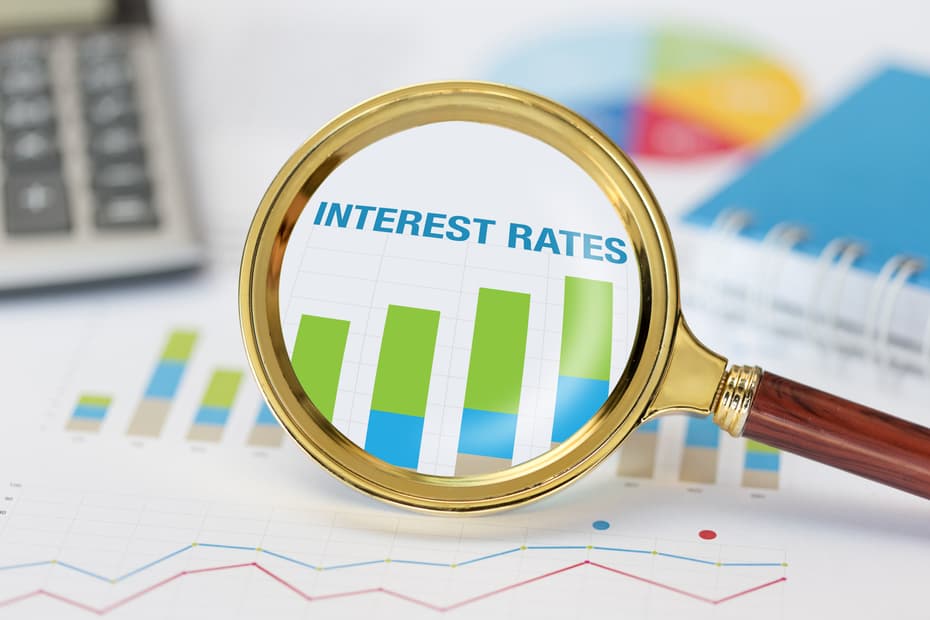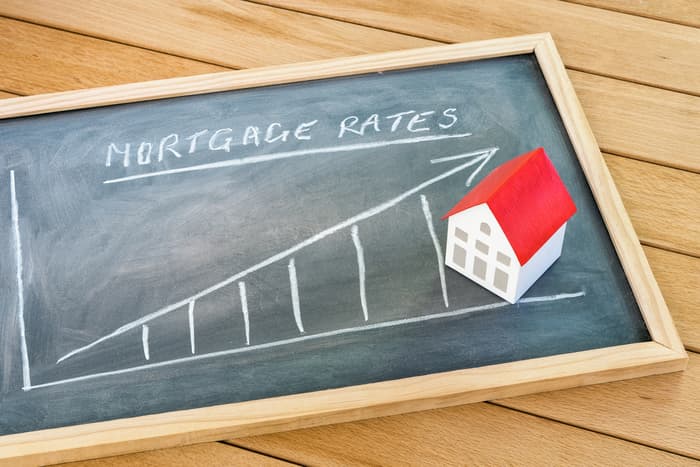Home Buyers, Money and Mortgage What Factors into My Interest Rate?

Why are Interest Rates so Important?
Do you know how your interest rate is determined? Knowing what factors influence your interest rate can help you better prepare for the home buying process. Interest rates can fluctuate, so it’s important to learn what makes a good rate and what could cause financial strain. Read on to learn more about interest rates and how to find the best one for your home mortgage.
Credit Score: Generally, buyers with higher credit scores receive lower interest rates. The lowest mortgage rates go to borrowers with credit scores of 740 or higher. These borrowers have the broadest choice of loan products. Your credit score is determined by your credit history, which includes any open loans, credit cards, and payment history. It helps to check your credit report and dispute any errors before you look for a mortgage. Resolved errors can lead to a higher score, which can help you land a lower interest rate.
Location, Location, Location: Many lenders offer slightly different interest rates depending on the state you live in. Therefore, talking to multiple lenders will help you understand different options.
Loan Amount: The amount you’ll need to borrow for your mortgage loan is the home price plus closing costs. Pre-approval letters give you an idea of how much home you can afford. Depending on the loan type, your closing costs and mortgage insurance may be included in your mortgage loan as well.
Down Payment Amount: A larger down payment means a lower interest rate. If you cannot make a down payment of at least 20 percent, lenders will require you to purchase private mortgage insurance (PMI), which is added to your monthly payment.
Loan Term: Shorter term loans have lower interest rates and overall costs, but higher monthly payments. A lot depends on the length of the loan you're looking at, as well as the interest rate.
Type of Interest Rate: Interest rates come in two basic types: fixed and adjustable. Fixed interest rates remain the same over time, while adjustable rates can increase or decrease based on the market. Your initial interest rate may be lower with an adjustable-rate loan than with a fixed rate loan, but that rate could increase later.
Type of Loan: There are several types of mortgages, such as conventional, FHA, USDA, and VA loans. Rates can differ significantly depending on which type of loan you choose. Learning what each loan offers will help you better understand all of the options available to you.
 Factors Beyond Your Control
Factors Beyond Your Control
Mortgage rates vary daily based on factors beyond your control, such as inflation, unemployment, and other economic indicators.
-
Overall Economy: Mortgage rates tend to fall when the economy slows, inflation falls, and the unemployment rates rise.
-
Inflation: Rising inflation is often accompanied by rising interest rates. Low inflation over the past 10 years has contributed to low mortgage rates.
-
Job Growth: The COVID-19 pandemic resulted in layoffs and furloughs, which caused a recession.
-
Other Economic Indicators: Mortgage investors pay attention to many economic trends, including home sales and stock prices.
-
Federal Reserve: The Federal Reserve raises and cuts short-term interest rates in reaction to broad movements in the economy.
Interest rates are extremely important when it comes to finding a home mortgage. For more information on interest rates and to get in touch with a lender, contact HomeHunt today!